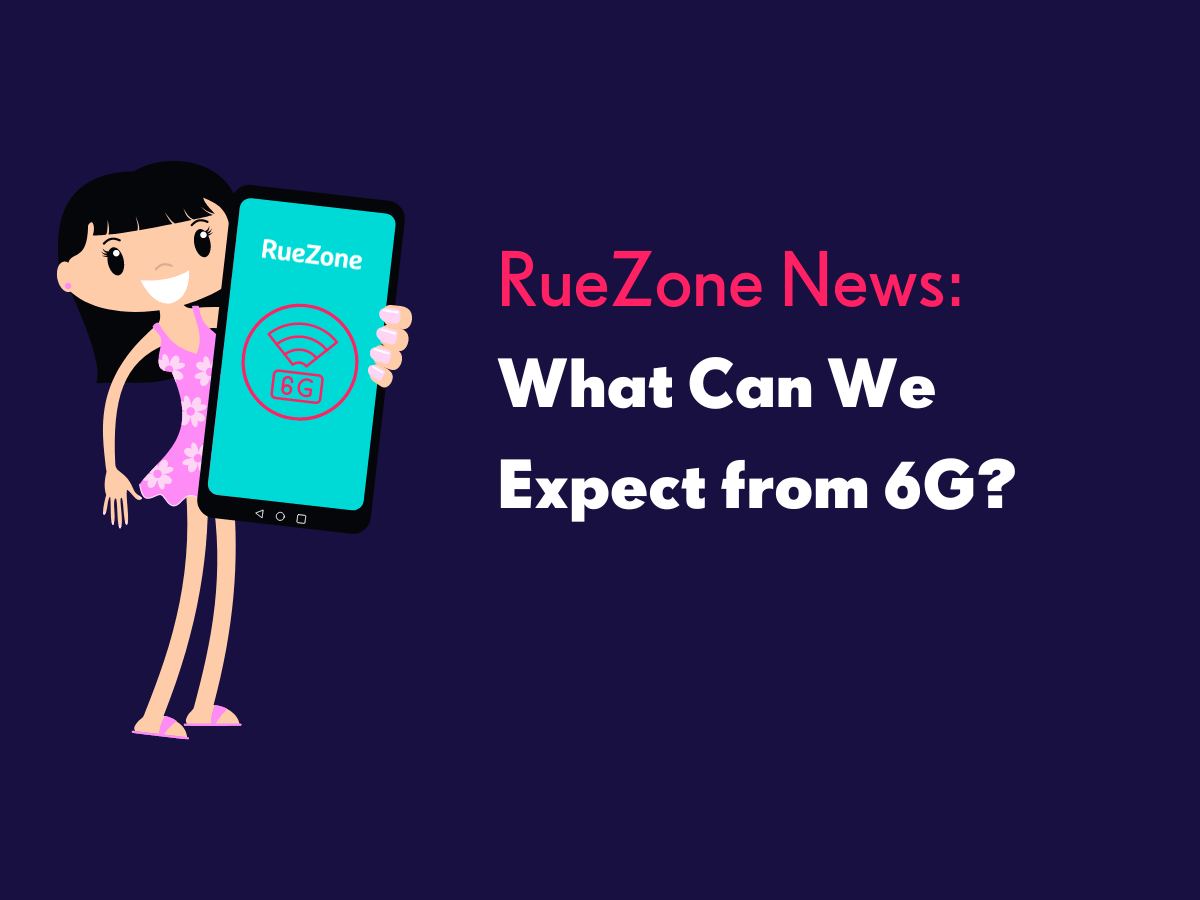Introduction
5G has been a significant selling point for mobile phone manufacturers in recent years. However, with 5G becoming more common, the spotlight is shifting towards developing 6G. Here at RueZone, we're eager to explore the world of 6G, what it entails, and when to consider a mobile phone trade-in to embrace the latest mobile connectivity.
Understanding the "G" in Mobile Networks
While 5G is a buzzword in the mobile industry, many users may wonder what it truly means beyond faster connections. Simply put, 5G stands for the 5th generation of mobile networks. It's essential to trace the evolution of these networks to understand their significance.
The first mobile network, introduced in 1979, was designed for essential voice calling. Over time, mobile networks advanced from relying on radio cell towers to having dedicated towers. Each generation, from 2G in 1991 to the game-changing 3G in 2001, improved data transfer speed, voice quality, and internet accessibility. 4G, which became the standard for 58% of the market by 2021, offered high-definition video and faster internet.
The Arrival of 6G: When Can We Expect It?
While 5G is still relatively new, the groundwork for 6G is already being laid. Governments and private projects worldwide are working on 6G development. For instance, China has launched a 6G satellite, and companies like Samsung and Nokia are leading the way in South Korea and Europe. In the UK, the 6G Innovation Centre at the University of Surrey is driving advancements.
However, it's crucial to note that these projects are in the early stages, and there's no official timeline. Samsung has suggested 2028 as a possible launch date, but 6G isn't expected to be fully rolled out until around 2040. So, there's no rush to upgrade if you have a 5G phone.
Anticipating 6G's Advancements
As 6G is in its infancy, predicting its precise features is challenging. However, speed has consistently improved with each generation, and 6G is expected to offer even greater speeds than 5G. Data transfer capabilities will likely expand further.
Moreover, 6G could enhance artificial intelligence integration, blurring the lines between reality and the digital world. Imagine lifelike virtual reality meetings instead of Zoom calls.
A significant expectation is improved connectivity in remote areas, making it easier for travellers to share adventures online, even in remote locations.
Should You Upgrade to 5G or Wait for 6G?
If you're still holding onto a phone that only supports 3G, it's time to consider an upgrade. Many providers are phasing out 3G networks, with the UK aiming to retire them by 2025. EE has already retired 3G in 2023 in some locations.
Most phones manufactured after 2010 support 4G, but to experience the super-fast speeds and quality of 5G, you'll need a 5G-capable phone. You might be missing out if your device is older than four years old. Consider using our sell my mobile services to trade in your old phone and step into the future of 5G.
Conclusion
The transition from 5G to 6G promises exciting advancements in mobile connectivity. While 6G is on the horizon, there's no rush to upgrade from 5G. Keep an eye on developments, and when the time is right, consider embracing the latest in mobile network technology.

